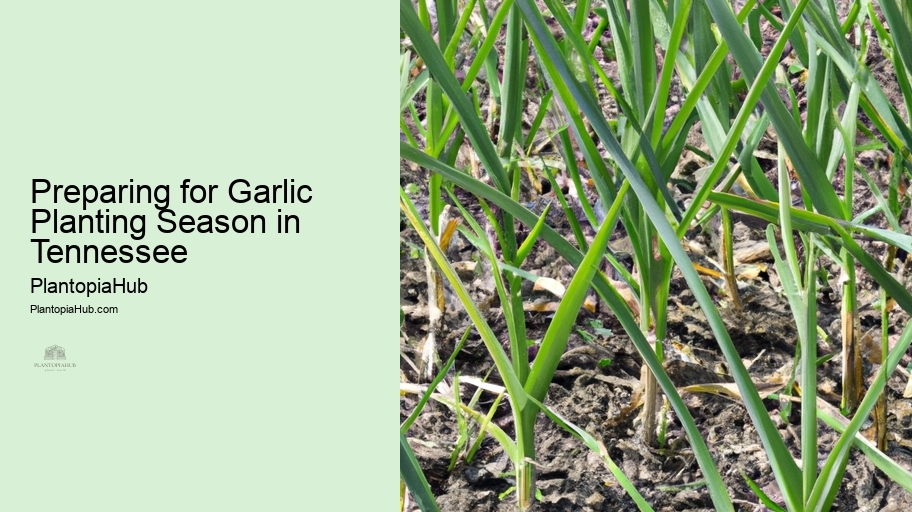

Garlic farming can contribute to a healthy ecosystem in Tennessee. Soil Amendment Products By planting native flowers, herbs, and cover crops alongside garlic, you can support pollinators and beneficial insects.
Biodiversity on your farm can help control pests naturally, reduce the need for chemical interventions, and promote soil health. It's a sustainable approach that benefits both your garlic crop and the environment.
In conclusion, integrating biodiversity into your garlic farming practices can enhance the overall health of your Tennessee farm while minimizing ecological impact.
Home Gardening Tips for GarlicHomegrown garlic in Tennessee offers numerous nutritional advantages. Freshly harvested garlic retains its full flavor and nutritional value, containing essential vitamins, minerals, and antioxidants.
Consuming homegrown garlic can boost your immune system, improve heart health, and provide a rich source of vitamins like C and B6. Its culinary versatility makes it a valuable addition to any diet.
In conclusion, recognizing the nutritional benefits of homegrown garlic in Tennessee can encourage individuals to incorporate this healthy ingredient into their meals.
Cover Crops for Soil Health Climate Change Adaptation StrategiesOrganic garlic-based pesticides can be a valuable addition to your toolkit as a Tennessee farmer. Garlic contains natural compounds that repel pests and discourage fungal growth. Create your own garlic pesticide by blending garlic cloves with water and a small amount of liquid soap. This homemade solution is effective against common garden pests.
Using DIY garlic-based pesticides aligns with organic farming principles, promoting a healthy and pest-resistant garlic crop.
In conclusion, incorporating homemade garlic-based pesticides into your organic farming practices can help maintain a thriving and pest-free garlic crop in Tennessee.
Fertilization Techniques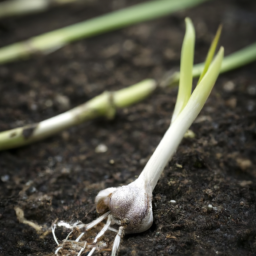
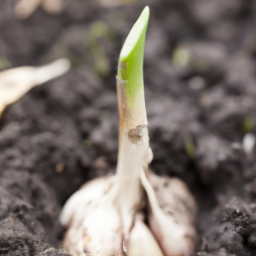
Presentation is key when selling garlic at farmers' markets in Tennessee. Clean and trim your garlic bulbs for an attractive appearance. Gardening Workshops and Seminars Arrange them neatly in baskets or on display tables. Consider offering garlic in various packaging sizes to cater to different customer preferences.
Highlight the unique qualities of your garlic, such as its flavor, variety, and organic certification. Engage with customers and share your passion for garlic farming to build trust and loyalty.
In conclusion, effective presentation and engagement techniques can enhance your garlic sales at farmers' markets in Tennessee, attracting customers and boosting your brand.
Hosting garlic braiding workshops can be a fun and educational addition to your Tennessee garlic farm. Tennessee Department of Agriculture Invite participants to learn the art of garlic braiding, a traditional skill that adds value to garlic bulbs.
Share techniques for creating beautiful garlic braids, and allow attendees to take home their creations. Pollinator-Friendly Farming These workshops not only generate additional income but also foster a sense of community around your farm.
In conclusion, offering garlic braiding workshops is a unique way to engage with your local community and promote your garlic farm in Tennessee.
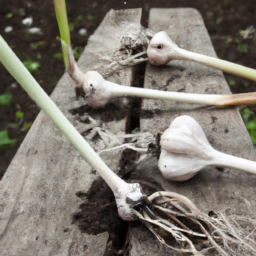
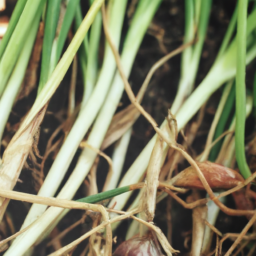
Share seasonal garlic recipes tailored to Tennessee's climate on your farm's website or social media. Agricultural Biodiversity Offer cooking tips and ideas for using fresh garlic in dishes that align with the state's seasonal produce.
Highlight the versatility of garlic and its ability to enhance the flavors of locally sourced ingredients. Encourage your audience to explore the culinary delights of homegrown garlic.
In conclusion, providing seasonal garlic recipes can inspire Tennessee residents to incorporate this flavorful ingredient into their cooking, supporting your farm's products.
Soil testing is a crucial step in preparing your Tennessee garlic plantation. Conduct a soil test to determine pH levels and nutrient deficiencies.
Regular soil testing and amendments help maintain soil health and fertility, ensuring robust garlic crops year after year.
In conclusion, soil testing and proper amendments are essential for successful garlic plantation in Tennessee, providing the foundation for healthy garlic growth.
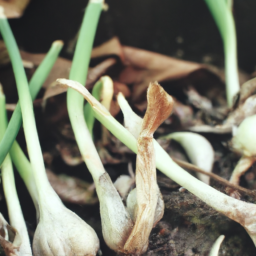
Crop insurance is essential for garlic farmers in Tennessee because it provides financial protection against unforeseen events that can impact crop yields, such as adverse weather conditions or crop failures. By investing in crop insurance, garlic farmers can secure their income and minimize potential losses, ensuring financial stability and peace of mind during challenging seasons.
Creating a customized garlic planting calendar for your Tennessee location involves considering factors like frost dates, local climate variations, and the garlic varieties you plan to grow. Start by determining the average date of the first fall frost and work backward to establish planting dates. It's important to align your calendar with your specific microclimate and garlic variety requirements, ensuring the best timing for planting and harvesting.
To protect your garlic crop from winter frost in Tennessee, consider applying a thick layer of mulch, such as straw or leaves, around your garlic plants in late fall. This mulch acts as insulation, preventing the soil from freezing and safeguarding the garlic bulbs. In extremely cold regions, you can also use row covers or cloches to provide additional frost protection. Be sure to maintain proper airflow to avoid condensation, which can lead to mold and rot.